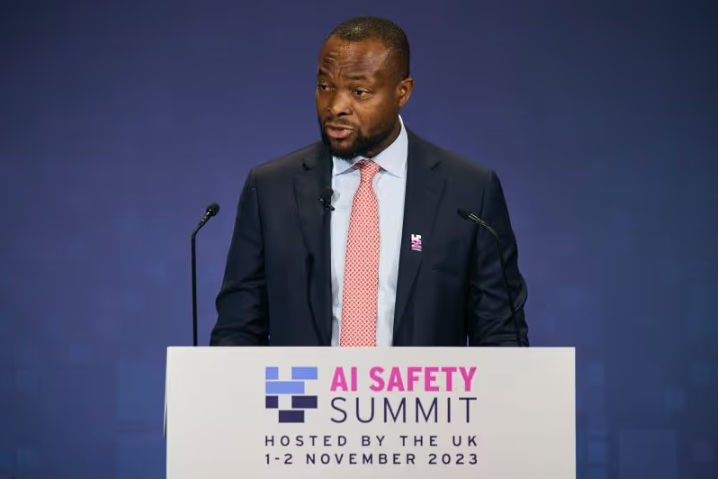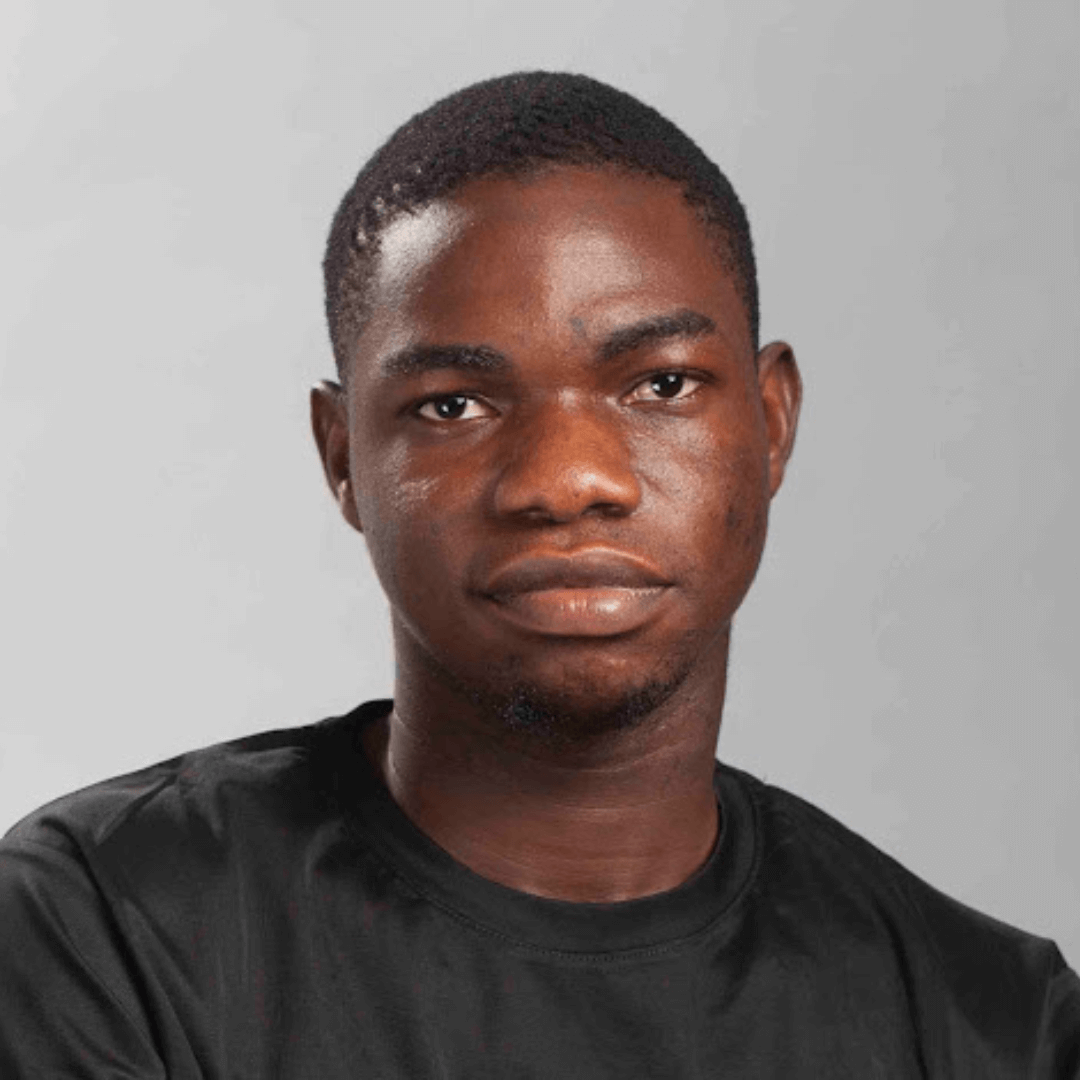On the campaign trail, President Bola Ahmed Tinubu’s Renewed Hope campaign focused on eight key areas including economic growth, job creation, and access to capital. While his manifesto was light on details, he told a delegation from Google months after he was sworn in that “the digital economy and telecommunications represent the future, and we are determined to promote it.”
He assembled his cabinet quicker than his predecessor and won praise for appointing Bosun Tijani, an ecosystem insider as Minister of Communications, Innovation, and Digital Economy. Yet, after a year in power, Nigeria’s technology industry stakeholders believe there’s still a lot to do.
“I will not rate it [Tinubu’s government] yet because a lot of the things that it has promised to do are still works in progress,” said Iyin Aboyeji, founding partner at venture firm Future Africa.
Bosun Tijani is the public face of the administration’s technology ambitions. The former head of CCHub launched a plan to train three million tech talents in four years. He also plans to expand fibre optic infrastructure nationwide, a project that requires a massive $2 billion investment.
While these initiatives are forward-looking, there have been quick wins: in June 2023, the Data Protection Bill became law, timely given the surge in data breaches in the country. A 2023 decision to lift a two-year ban on cryptocurrency transactions, first regarded as a win, has suffered setbacks after the government blamed crypto trading for currency volatility. In February 2024, the naira was one of the world’s worst-performing currencies. An April rebound then swung its fortunes, but it was short-lived. In May, the naira was back in the company of some of the world’s poor-performing currencies.
Binance, the world’s largest cryptocurrency exchange, has been at the center of an unexpected clampdown, with two executives charged with tax evasion and money laundering. The Office of the National Security Adviser (NSA) has classified crypto trading as a national security issue. Five prominent neobanks have also been barred from onboarding new customers, slowing growth and impacting a crucial financial inclusion drive.
For Aboyeji, the government’s actions reflect the ecosystem’s weak lobbying power, which should have been fixed with an insider in the federal cabinet. “I don’t necessarily agree with how the government has handled these issues. However, I think they are greatly handicapped by the absence of leadership in the ecosystem. It needs to come together to align with the minister. If he does not succeed, our industry will be shut out from access to the cabinet forever.”
“I didn’t get my hopes high in this government even with the minister’s appointment. There is little that he can do to stop the government from doing whatever it deems right,” added a founder who asked not to be named to speak freely.
The consensus is that the tech ecosystem needs more favourable regulation. It will come down to stronger engagement with the minister, said Oswald Osaretin Guobadia, managing partner at DigitA and a senior special assistant on digital transformation in the previous administration. The speedy implementation of the Nigeria Startup Act passed in 2023 is another issue.
“It is left for us to embrace it [the minister’s strategy] and find ways to work with him to achieve those strategic intentions. It’s up to him to continue to bring us together, keep us informed, and foster partnership with us,” he said.
Addressing infrastructure is a major point of contention for many observers. The minister’s focus on artificial intelligence (AI) has been met with mixed reactions from observers who argue that building the foundations is more important.

This month, the Nigerian government approved a special-purpose vehicle to support the delivery of an additional 90,000km of fibre optic cable to improve internet connectivity in the country. While this is a welcome move, some stakeholders believe the minister should engage the telecommunications sector to make internet more accessible.
“If Nigeria wants to be the digital giant that it deserves to be, data needs to be a very simple and accessible commodity,” said one founder who spoke anonymously.
Another issue Nigeria needs to address is digitising all government services. In February, the minister launched DevsInGovernment, a community of technology enthusiasts within the civil service, aimed at promoting the use of technology in government services.
Government processes—such as getting licenses and payment of taxes—should be automated to remove friction, said Adedeji Olowe, founder of Lendsqr, a lending-as-a-service startup. “Imagine if the government has one single platform for all government applications. That platform where you can register for everything, upload documents, make payments, and track the progress,” Olowe said.
In May 2023, President Tinubu removed $10 billion-a-year fuel subsidies and devalued the naira. Though praised by international investors, both reforms have resulted in three-decade-high inflation and depletion in consumer spending. The tech ecosystem is bearing the brunt too. In February, Spleet, a property tech startup that raised $2.6 million in 2022 from investors like MaC ventures and HoaQ Fund, laid off an undisclosed number of employees due to soaring inflation.
This week, Finance Minister Wale Edun said Nigeria’s economy is growing despite an IMF projection that Nigeria will lose its place as Africa’s third-largest economy to Algeria in 2024. Tech ecosystem stakeholders, like the rest of the country, need more than assurances. “Building in a tough market like ours is hard and the macroeconomic conditions matter so the government needs to communicate its fiscal plans,” one industry insider said.
While the jury is still out on what the next three years will hold for Nigeria’s tech ecosystem under Tinubu, one thing is clear: its stakeholders hope that a seat at the table will be the game-changer to support the growth of the digital economy.























